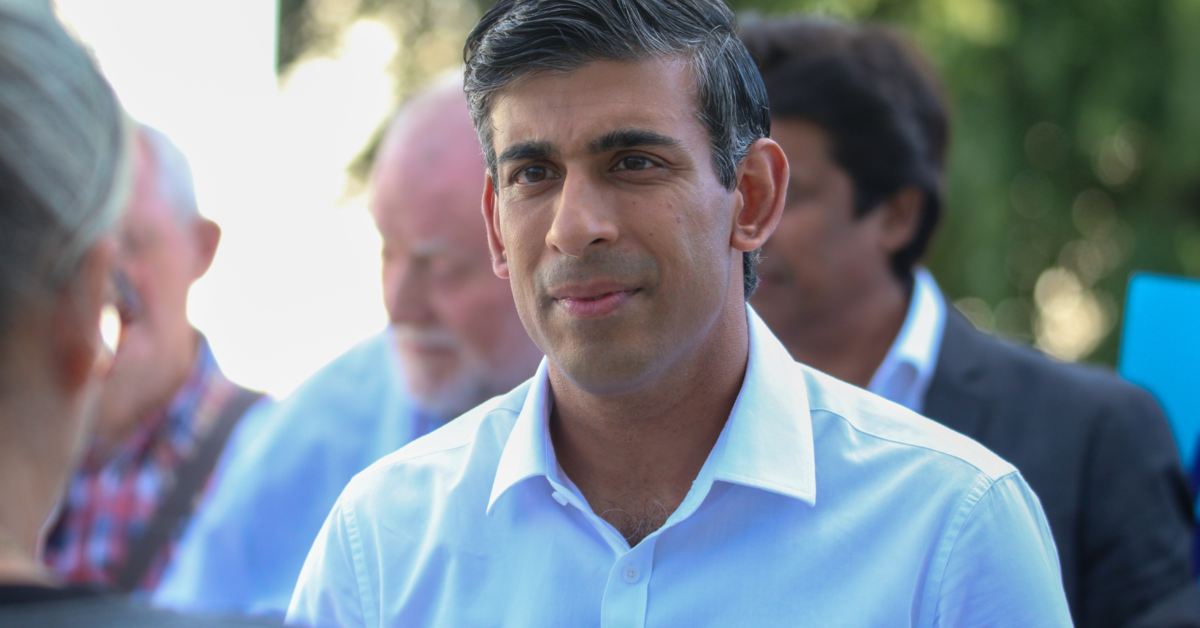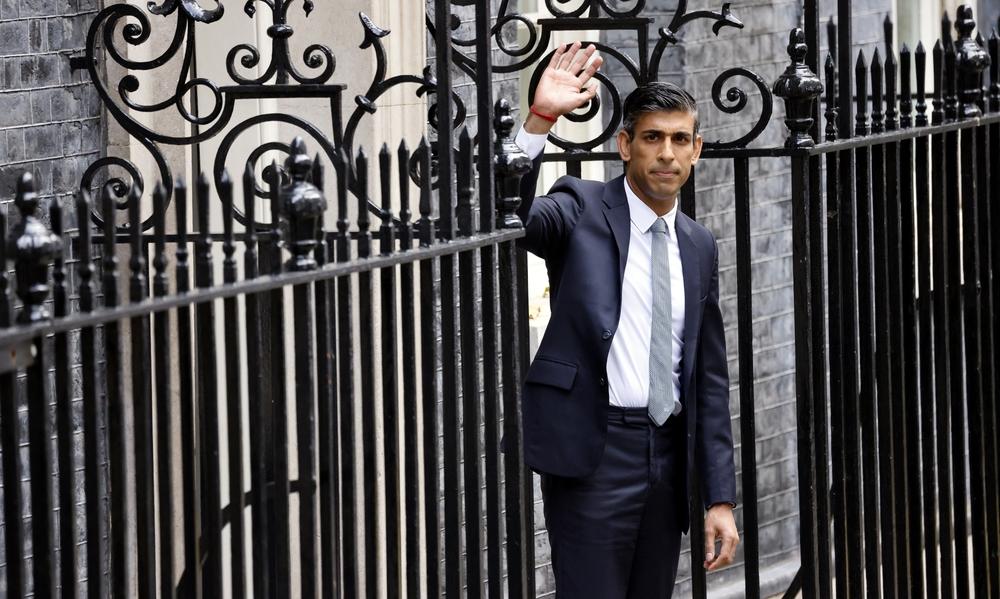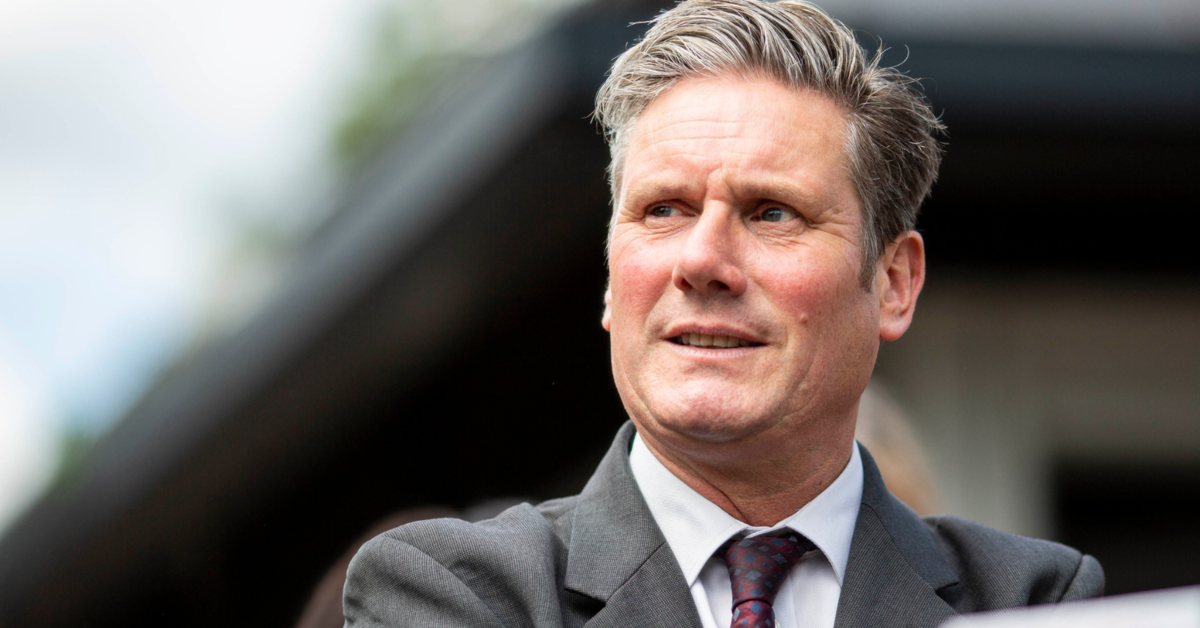What has been announced?
Prime Minister Rishi Sunak this morning announced a ministerial reshuffle linked to a wider restructuring of Whitehall with the creation of four new departments. These are:
- The Department for Energy Security and Net Zero (DESNZ) headed by Grant Shapps. It will be tasked with securing the country’s long-term energy needs and delivering the Government’s objective of lower energy bills and a halving of inflation.
- The Department of Science, Innovation and Technology (DSIT) headed by Michelle Donelan. It will be tasked with driving innovation to deliver improved public services, creating new and better-paid jobs, and growing the economy.
- The Department for Business and Trade (DBT) headed by Kemi Badenoch. It will be tasked with driving growth by supporting British businesses at home and abroad as well as promoting investment into the UK and free trade.
- The Department for Culture, Media and Sport (DCMS) headed by Lucy Frazer. It will be tasked with promoting the importance of these industries for the UK economy and building on the UK’s position as a global leader in the creative arts.
What do these changes mean?
Voters are unlikely to notice the announcements today or remember them when they enter the ballot box next year. In terms of the machinery of Government, however, this restructuring is significant. It is not just a case of rebranding existing departments under new names; it will entail real operational changes at a civil service level, behind the scenes, under the bonnet of how Whitehall functions.
Government can be organized in many different ways and, indeed, many different structures have been tried by previous Prime Ministers. The arrangement of departments is really a statement about how a Prime Minister wants the inevitable policy synergies and trade-offs to be prioritized and balanced, and this is clear in today’s reforms.
There are strong arguments for making the changes announced today and a clear logic underpinning them. In the previous Department of Business, Energy & Industrial Strategy (BEIS), the focus on energy bills and energy supply had in some ways overshadowed other issues to the detriment of pro-growth policies aimed at business. Separating the two could bring a greater spotlight upon developing a strategy for growth as demanded by Conservative backbenchers (including a reanimated Liz Truss). In addition, having a dedicated department for Net Zero shores up the Tory flank on an important issue where Labour have made inroads with their "Green Industrial Revolution" agenda.
Meanwhile, the decisions taken by the Department for International Trade inevitably affect the operations of the Business Department. In folding these two Departments together, Sunak has addressed this tension and the artificial separation. The reforms are in many ways a reflection of the policy decisions the Sunak Government has already taken – namely to focus upon growth and delivering energy security. Equally, linking digital and science policy reflects the Prime Minister’s vision to make the UK a science superpower, further building on his announcement of compulsory A-level maths.
There is also a delivery rationale for the changes; when you create new departments they create their own impetus. Setting up the Department for International Trade and the Department for Exiting the European Union under Theresa May for example, created two new Secretaries of State at the Cabinet table who needed to show they were progressing their departmental agenda. Sunak will hope that his three new Secretaries of State will have a similar galvanizing effect on his policy agenda.
It is rare, however, that a change in the machinery of Government makes a rapid positive difference and delivers benefits that are greater than the challenges of implementation. Aside from the up-front costs of departmental rebranding, the longer-term costs associated with merging or separating HR functions, IT systems and the funding packages agreed for each department in the last Spending Review, are far more substantial. The recent merger of the Foreign & Commonwealth Office (FCO) and the Department for International Development (DFID) has shown how long these changes can take to bed in, so we should not underestimate how much disruption today’s announcements will cause within the mechanics of Whitehall.
With only just over 18 months until the next General Election, there will be little time for many of these benefits to be realized. A change in the institutional structure is likely to slow policy delivery, at least in the immediate term.
Sunak may well simply believe that these are the right long term strategic structures for the UK Government and that he wants to implement them – regardless of whether they will benefit him in time for the election. So far, the reaction to today’s changes has been broadly positive among Conservative MPs and commentators. But as their impact sinks in, questions may be raised, given the economic and political challenges on the horizon, as to whether this is the best use of his limited political capital and governing capacity.
The New Ministers
 Rt. Hon. Kemi Badenoch MP (Saffron Walden) - Secretary of State for Business and Trade. She remains President of the Board of Trade and Minister for Women and Equalities.
Rt. Hon. Kemi Badenoch MP (Saffron Walden) - Secretary of State for Business and Trade. She remains President of the Board of Trade and Minister for Women and Equalities.
A rising star within the party who finished fourth in last year’s leadership race, earning her promotion to Cabinet under Liz Truss and now a de facto promotion under Rishi Sunak. She is particularly popular on the party’s right for her confidence in articulating robustly conservative positions including her ‘anti-woke’ stance on a number of controversial gender and race issues. After taking over as Trade Secretary she was not afraid to criticise Liz Truss, her predecessor but one, for her focus on signing free trade agreements as opposed to their substance and practical impact on businesses.
 Rt. Hon. Grant Shapps MP (Welwyn Hatfield) - Secretary of State for Energy Security and Net Zero
Rt. Hon. Grant Shapps MP (Welwyn Hatfield) - Secretary of State for Energy Security and Net Zero
Shapps has been a prominent member of various Conservative governments, in part due to his willingness to face challenging media rounds. He was initially frozen out under Liz Truss before she appointed him as Home Secretary in desperation after Suella Braverman’s resignation. He held that post for only six days before moving to BEIS under Rishi Sunak. As such, Shapps’ move to head the new DESNZ is unlikely to trigger a major shift in thinking, given that he already dedicated much of his time at BEIS to tackling energy related issues.
 Rt. Hon. Michelle Donelan MP (Chippenham) – Secretary of State for Science, Innovation and Technology
Rt. Hon. Michelle Donelan MP (Chippenham) – Secretary of State for Science, Innovation and Technology
Following a short stint in the Whips Office in 2018, much of Donelan’s ministerial experience came in the Department for Education where she spent three years between 2019 and 2022. Famously, Boris Johnson promoted her to Secretary of State for Education, a post she held for less than two full days, making her the shortest-serving Cabinet member in British history. Known for her consensual and collegiate approach, she returned to Cabinet in September 2022 as DCMS Secretary and set about resetting relations with the creative sector that had become strained under her combative predecessor, Nadine Dorries. She is well-respected within the Conservative Party and will be keen to make a more substantive mark in her new role.
 Rt. Hon. Lucy Frazer MP (South East Cambridgeshire) – Secretary of State for Culture, Media and Sport
Rt. Hon. Lucy Frazer MP (South East Cambridgeshire) – Secretary of State for Culture, Media and Sport
Having held a number of Parliamentary Private Secretary (PPS) roles across the Cabinet Office and Justice Department, Frazer – a trained Barrister – was appointed to her first ministerial role in 2018, serving as Parliamentary Under Secretary of State for Justice. She remained in the Department for the next few years, serving as Solicitor General (2019, 2021) and Minister of State for Justice (2019-2021). Following brief stints in the Treasury, Department for Transport and the Department for Levelling Up, her new role represents her first experience of Cabinet. Having garnered a reputation for quiet but effective delivery under a number of Prime Ministers, she will be keen to cement this status on a bigger stage.
 Rt. Hon. Greg Hands MP (Chelsea and Fulham) – Chair of the Conservative Party and Minister without Portfolio (Cabinet Office)
Rt. Hon. Greg Hands MP (Chelsea and Fulham) – Chair of the Conservative Party and Minister without Portfolio (Cabinet Office)
As a long-term ally of the Prime Minister and an experienced campaigner, his appointment as Chair of the Conservative Party represents a safe pair of hands in a role that will become increasingly important as the next general election draws closer. He will also be supported by a deputy, Lee Anderson, infamous for his habit of speaking his mind, including his decision to boycott the England team during EURO 2020 for "taking the knee". Sunak will be hoping that Anderson will balance Hands’ London perspective and help keep “Red Wall” voters onside that the Prime Minister has so far struggled to connect with.



